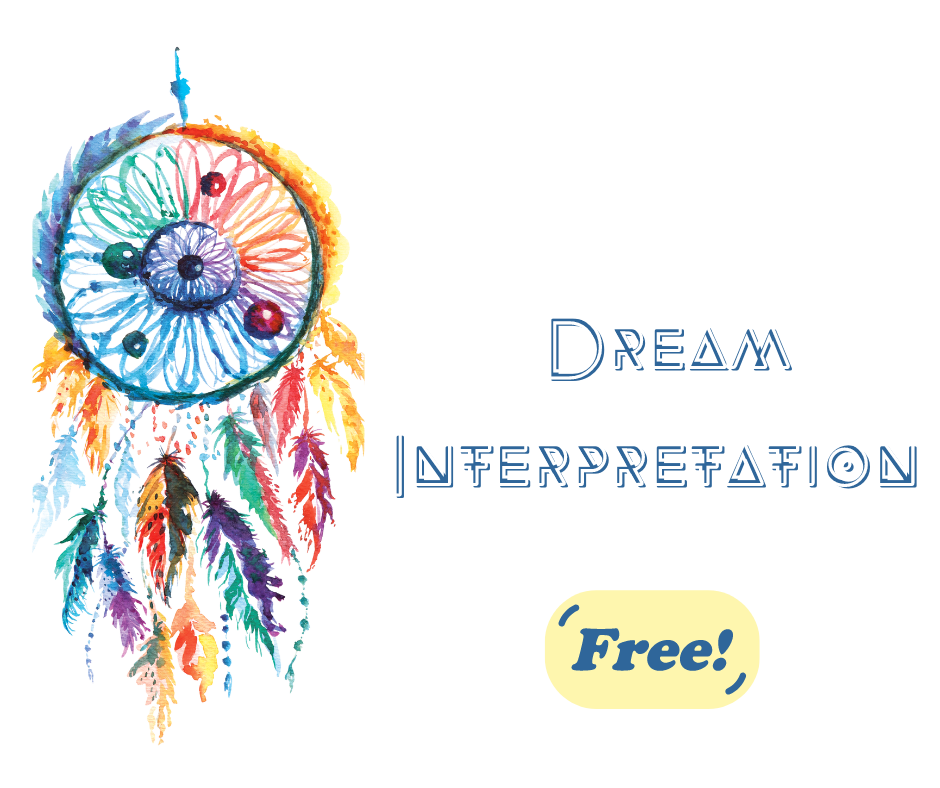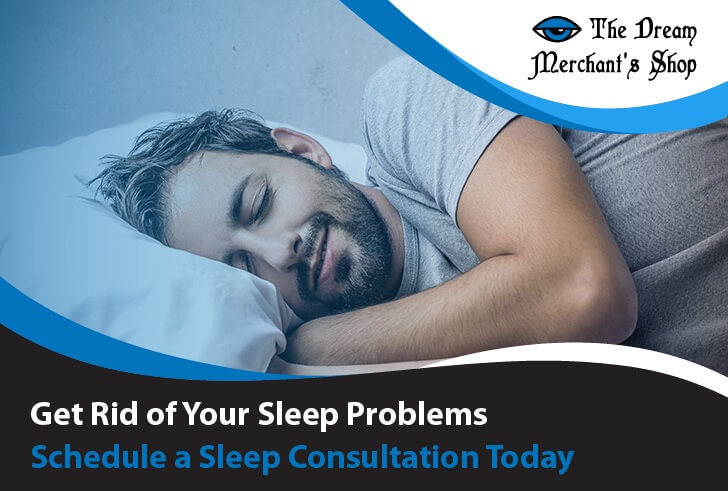Narcolepsy is a sleep-related condition defined as a long-lasting neurological issue, which leads to the inability of the sufferer to properly regulate his/her sleep/wake cycle.
The most common symptom of narcolepsy is excessive daytime sleepiness, which may strike at any time through the day and which may last from a few seconds to a few minutes.
There’s a lot more to narcolepsy, symptoms- as well as complications-wise though.

Is Narcolepsy considered a disability?
Given the potential severity of narcolepsy, it is no surprise that – under certain circumstances – it is indeed considered a disability, and those suffering from it are indeed held eligible for SSD (Social Security Disability) benefit.
Those suffering from severe forms of narcolepsy will fall asleep at any time, without any warning. They might also experience sleep paralysis, as well as sudden muscle weakness when in an emotionally heightened state.
What conditions does narcolepsy have to fulfill to be considered eligible for SSD, and what sort of documents do you need to produce for your application?
Detailed medical reports are obviously a must. These reports need to contain the formal diagnosis, information pertaining to the frequency and severity of the symptoms, the presence of such symptoms even in the wake of prescribed medical treatment as well as the conclusion that these symptoms severely affect your ability to normally function.
While severe narcolepsy is indeed no child’s game, the SSA (Social Security Administration), does not have it formally predefined in its manual, as a potentially disabling condition. For this reason, sufferers applying for SSD will need to prove that the condition does indeed impact their “residual functioning capacity.”
This residual functioning capacity is determined by the way the sufferer is able to handle day-by-day living and various functions associated with it. The ability to drive, to cook and care for oneself, as well as the ability to go to the store are all considered in this regard.
The above mentioned medical reports need to show beyond doubt that this residual functioning capacity is indeed affected.
Can narcoleptics drive?
If one’s narcolepsy is severe enough to qualify for SSD (as specified above), then the answer is a definite NO. The dangers that narcolepsy entails when it comes to activities such as driving, operating heavy machinery or even just cooking, are rather obvious.
While driving, opportunities for a “nap” abound. A narcoleptic can fall asleep at the stoplight, while sitting around stuck in traffic, or worse: while driving at high speed on the highway. The highway is indeed a special challenge for narcoleptics, due to the relatively dull and often drowsiness-inducing nature of the monotonous high-speed travel.
Cataplexy (the above said sudden loss of muscle strength induced by emotionally trying situations) is an added problem. Due to this issue, a narcoleptic can indeed lose control of the vehicle he/she is driving, even while being awake and well aware of the surroundings.
Science is not on the side of narcoleptic driving either. According to several studies, more than half of narcoleptics who ever drove a car, fell asleep at one point or another. This fact alone is scary enough to warn all those suffering from this condition off driving for good. Around a third of driving narcoleptics have actually had accidents due to feeling drowsy/falling asleep.
Long story short: narcoleptics are 3-4 times more likely to have a car accident than people free of this condition.
What can you do though if you are a narcoleptic and (for one reason or another) you really need to drive?
In this case, your first step is to have an honest self-assessment session.
Ask yourself if you can indeed maintain the alertness needed for driving, for the required period of time. If this accomplishment seems out of reach, call off the whole thing right there and then.
Ask someone close to you for honest feedback.
Again: if the feedback is negative, do not even consider going through with the deed.
Definitely ask your doctor for his/her opinion. If you need an actual, scientifically-based assessment of your driving abilities, there’s an actual test for that, called MWT (Maintenance of Wakefulness Test). Completing this test will give you a good idea of how well you can handle keeping vigilant under boring circumstances.
How do you get narcolepsy?
Narcolepsy is a hard nut to crack in regards to its triggers. I can safely say that thus far, science has failed to come up with a explanation in this sense.
Despite that, certain genes linked to the condition have been identified by specialists. These genes are responsible for controlling the release of certain chemicals in the brain, which control sleep and wake cycles. Once these cycles are thrown out of sync, narcolepsy strikes.
One of the chemicals researchers are currently looking at, is called hypocretin (orexin).
In addition to the chemical side of the equation, there are a number of brain irregularities involved in narcolepsy too. These irregularities – while not directly responsible for narcolepsy – are apparently involved in symptom development too. These factors are also involved in REM sleep disturbances, so their impact may in fact be further reaching that currently suspected.
Setting a proper diagnosis for narcolepsy is extremely difficult. The symptoms are not exclusive to the condition, and specialized tests are needed to properly identify it. There are several such specialized tests, but two of them are considered essential: the MSLT (Multiple Sleep Latency Test) and the PSG (polysomnogram).
The PSG test is an overnight one, which is focused on the tracking of sleep cycles. The REM stage of sleep is of the essence here. Through PSG, specialists track its appearance, and see whether it shows up at abnormal times.
MSLT, on the other hand, is focused on the time the narcolepsy-suspect spends awake. This test too is focused on REM sleep, looking for traces of it popping into the picture at inappropriate times.
What is the main cause of narcolepsy?
As said above, the main known cause/trigger of narcolepsy is hypocretin deficiency. Since this chemical regulates sleep cycles, it is indeed a logical starting point to consider. The problem is though that there are narcolepsy cases where a lack of hypocretin is not present.
Furthermore, hypocretin deficiency might just be a sort of middle link in the pathologic chain. It is apparently caused by an autoimmune problem, which prompts the sufferer’s immune system to attack certain parts of the brain, the ones responsible for hypocretin production.
The original trigger may in fact be a protein called trib 2. Trib 2 is produced by the same area of the brain that produces hypocretin. The autoimmune response is apparently targeted at this protein, and it inadvertently damages hypocretin production too.
None of the above theories explain though why some people with normal hypocretin levels have narcolepsy.
I would say that a number of other factors have to be considered too. The genetic inheritance factor is definitely one of them, as is stress, a sleep-pattern mix-up, a major infection or hormonal changes.
Interestingly, the flu vaccine Pandemrix has also been linked to narcolepsy. While its effects in this regard have been determined to be extremely minute, they were still considered significant enough to warrant the discontinuation of the vaccine for people under 20.
Given that it is a brain-condition we are talking about, narcolepsy can indeed come about as a result of another condition. In such cases, it is called secondary narcolepsy. Problems that can potentially induce narcolepsy are brain tumors, encephalitis, multiple sclerosis, and various mechanical head injuries.
Can you cure narcolepsy?
Being the complex problem that it is, narcolepsy cannot currently be cured.
The good news is though that there are treatments through which the severity of the symptoms can be alleviated, and the condition as a whole can be kept under control.
The optimal treatment is set on a case-specific basis. Your personal symptoms determine the course of the treatment, which will consist of lifestyle changes, medication and counseling.
The ability of narcolepsy to impede normal life cannot be underestimated. Symptoms such as the sudden onset of sleep and cataplexy can be extremely embarrassing and uncomfortable. Often, sufferers will descend into depression, which will then compound the problem. Reaching out to a support group might be a difficult step to take, but it is a potentially very useful move as well.
Lifestyle changes might not be easy to usher in either, but they represent the factor over which the sufferer has the most control and they do indeed produce positive results.
Avoiding alcohol, caffeine and nicotine is generally a good idea, and it can indeed make a major difference with narcolepsy.
Scheduling sleep periods also makes sense. While narcoleptics get about the same amount of sleep on average that non-sufferers do, the quality of this sleep is much worse. By scheduling brief daytime naps, a narcoleptic may make up for this lack of sleep-quality.
Exercising is also recommended, and so is the avoidance of activities which may leave the sufferer in a dangerous position at the onset of a sleep-bout.
The medication side of the treatment is focused on antidepressants, stimulants and sodium oxybate. That makes it obvious that this treatment angle is focused on symptoms too, rather than on the root causes of the problem.
What are the dangers of narcolepsy?
The dangers brought about by narcolepsy are rather obvious.
Sleep-attacks may strike at any moment, and thus they may easily overwhelm the victim at times when he/she is in precarious positions. When falling asleep while driving, climbing a ladder or leaning over a pot of boiling soup, disaster is indeed never more than a fraction of a second away.
Can narcolepsy go away on its own?
According to the currently available science on narcolepsy, the condition is indeed a lifelong one, which means that it will likely not go away on its own.
While the current treatment-repertoire is focused almost exclusively on the management of symptoms, hope remains that solutions will be developed that will eventually address the root causes of narcolepsy.
A lot is already known about the underlying causes of the condition, but a lot still has to be learned, especially in the case of Type 2 narcolepsy.
What is the best medicine for narcolepsy?
Sodium Oxybate (XYREM) is an extremely important component of every narcolepsy treatment. Since it reduces the effects of cataplexy, it can indeed make a major difference for sufferers.
Antidepressants on the other hand are aimed at tackling the REM irregularities which accompany/trigger this condition. EffexorXR (Venlafaxine) is essentially a Serotonin-Norepinephrine reuptake inhibitor, just like Atomoxetine. Prozac and Zoloft are also on the menu so to speak, as are Tricyclic Antidepressants such as Protriptyline and Imipramine.
In regards to stimulants of the central nervous system, Methylphenidate, and Mixed Amphetamine Salts such as Adderall IR and XR have to be mentioned.


